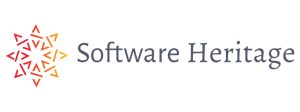Now available: UPDATES 2022 for UNIMARC, 3rd. ed.
All updates to the UNIMARC Bibliographic and Authorities formats, 3rd ed., approved in 2022 are available online (in PDF format).
See all the updates to the UNIMARC Bibliographic format.
See all the updates to the UNIMARC Authorities format.


